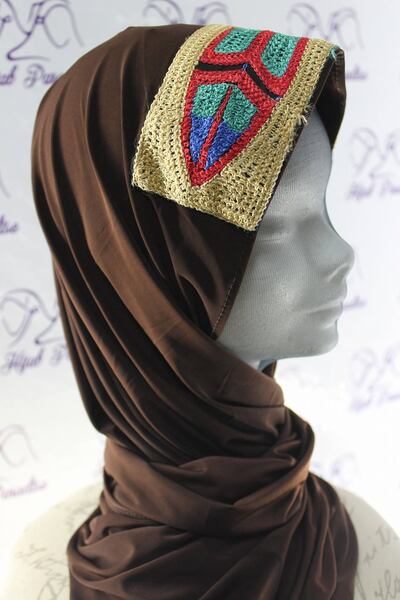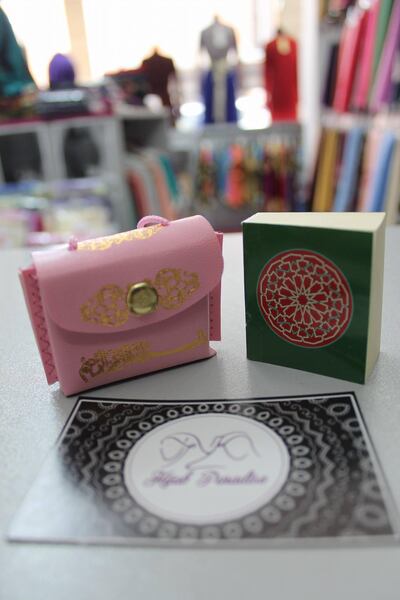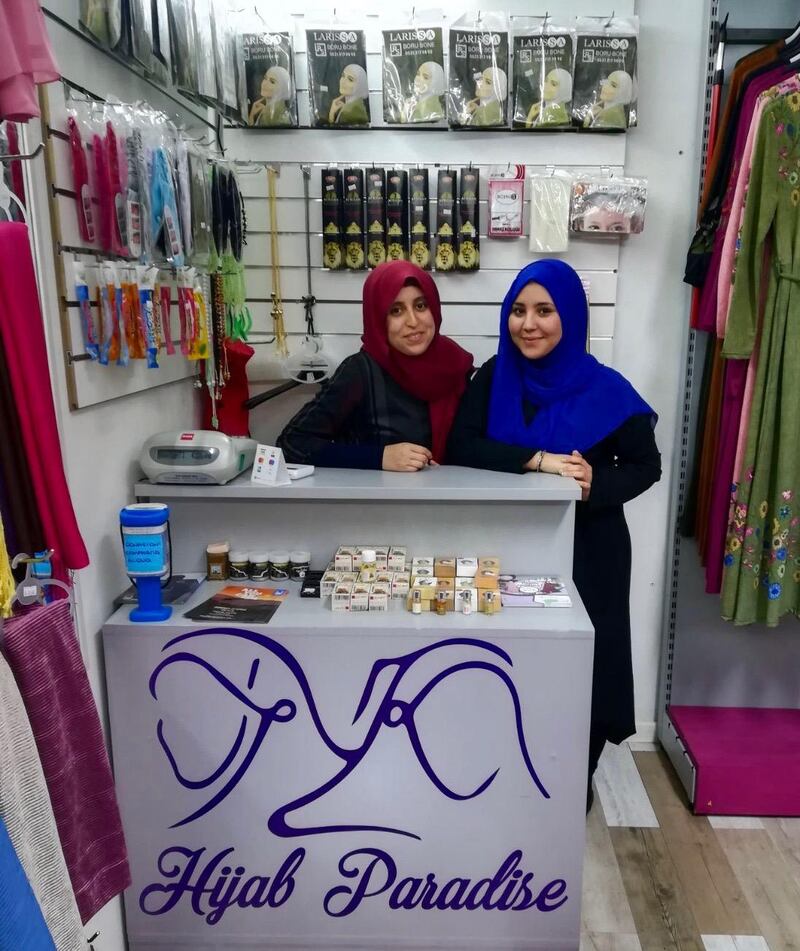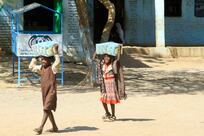Just a couple of months before Italy's most populist government of recent years came to power, a very different kind of enterprise began in Bologna, a city known for its gourmet culture and historic university. Hijab Paradise is the brainchild of the Moroccan-born Italian Keltoum Kamal Idrissi and her best friend Fatiha Mouradi.
“We closed our eyes,” says Idrissi when asked why she decided to open her shop now, in this less than fertile Italian economy. Uncertainty is the new indisputable in the country, and yet this 23-year-old immigrant from Morocco took the bad fortune of being out of work, along with her savings from unemployment benefits, and turned it into the first shop of its kind – a “modest fashion” haven where women who want to dress appropriately can find everything they need, from head to toe. Literally, starting with their hijab.

When I catch up with Idrissi over the phone, her voice is kind and her answers pack a punch. "I'm a person of faith, so with my best friend Fatiha, we said: 'Let's close our eyes. If we don't close our eyes, we won't take off.' Italian bureaucracy aside, I didn't even realise the moment we opened," she says.
In fact, Hijab Paradise opened on Via del Borgo di S Pietro on March 19, and the response has been overwhelmingly positive, for the most part. "There are always voices against anything you do," Idrissi says, "mostly hidden on social media; the same people that when you meet them in person won't say anything to your face. I don't really care about it."
Hijab Paradise naturally counts among its diverse clientele young Muslim women who wish to dress fashionably, yet in a "religiously conscious manner", as Idrissi says, but also non-Muslims, and many who come in looking for a gift for a Muslim friend. The shop offers a selection of affordable clothing and accessories, including books, tasbih prayer beads and copies of the Quran.

In Italy, there are currently about three million Muslims, making up just under 5 per cent of the total population. But Idrissi claims she has found her place in her adopted home. “I know who I am, and what I wish to give to this country,” she says, unconsciously making a powerful pro-immigration statement.
When asked about the veil, and why she used it in the name of her shop, Idrissi says that for her, personally, the hijab "was the goal, the objective". She began wearing it seven years ago. "I learnt that faith is made of steps, and so the higher you go on those steps, the closer you get to wanting to manifest it." She sees the veil as a symbol that "identifies me as a Muslim".
_______________
Read more:
Franka Soeria and Özlem Sahin, duo behind Modest Fashion Week on their vision
Abayas and kaftans from Dolce & Gabbana
_______________
Hailing from Cesena, which is an hour and 20-minute train ride from Bologna, Idrissi says that she chose the city for her shop because "Bologna is a more cultural place. The Muslim community here is more vast, and different too – there are people who have returned to Islam, there are Syrians, Moroccans and Tunisians; a real community".
Keltoum – named after the famous Egyptian singer because her “mum loves classical music” – cites her mother as her inspiration and the one person who represents elegance to her. Elegance, that elusive term, which the young entrepreneur explains quite simply as the ability “to look stylish by being simple and true to yourself”.
When asked what it means to be a Muslim in Italy today, Idrissi, without missing a beat, replies: “I’m a young Muslim woman, a Muslim Italian woman. I like to eat a piadina [traditional sandwich from the Romagna region] for lunch, and cous cous for dinner would be wonderful. And of course, in Bologna I now eat lasagne.”





